We want our students to benefit not only from the Karate trsining, but also to live a good healthy lifestyle in a world where JUNK FOOD prevails .
Healthy living is a way of life that involves making choices that are good for your body and mind. It can include eating well, exercising regularly, and managing stress
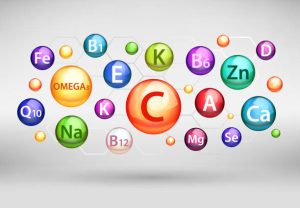
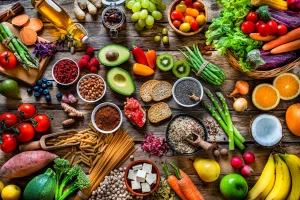
Food and the body go hand in hand when it comes to the body performing 100%. You cannot expect the body to perform like a sports car when you throwing contaminated petrol into the engine..
We are NO different .
A healthy diet is important for karate practitioners because it helps maintain energy levels and supports muscle repair. Athletes should also stay hydrated by drinking enough fluids before, during, and after exercise.
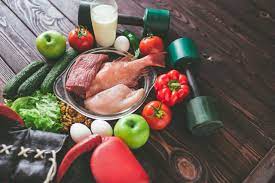
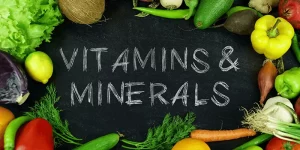
To achieve your training goals, it is essential that you eat right so that in every karate session you have energy, and this you get with the best range of fruit, vegetables, and carbs.
By paying attention to your diet and increasing the absorption of vitamins and minerals you will be able to train longer and harder, reduce soreness after exercise and decrease the damage of tissue and joints.
Karate training can be an intensive and strenuous and you will require the energy needed during prolonged exercise. High carbohydrate diet will increase performance, stamina and good health.
The body stores carbohydrates as glycogen in the muscles and liver, providing energy within the body.
When the body begins to sweat, these stores are depleted.
To maximize the release of energy from carbohydrates, B vitamins must be present in the diet. They help metabolize protein, carbohydrates and fat and maintain a healthy immune system.
B vitamins work together in the body and are present in many of the same foods.
_____________________________________________________________________

Minerals are lost during exercise through sweat. A balance of minerals is imperative for muscle function and healthy bones.
Sodium and Potassium A correct balance of these two minerals is needed to regulate the flow of water in the cells. They also prevent muscle spasm by enhancing muscle and nerve function.
They are essential for strong bones and helps muscles contract and relax efficiently.
Magnesium is lost through sweat, it is important to replenish sources to prevent muscle spasms.
Iron – Replaces red blood cells that are damaged during exercise. Iron from red meats is more easily absorbed than vegetarian options.
Chromium – This is important in carbohydrate metabolism and helps regulate sugar levels in the blood lost during exercise. Chromium can also help reduce sugar cravings.
Silicon – Is involved in the formation of bones and connective tissues and can be found in virtually every tissue in the body.
Vitamin C – Keeps connective tissues, teeth, bones and blood vessels healthy and keeps the immune system functioning and helps iron absorption.
_______________________________________________________________________
Ideally, the best sources of all these requirements are from fresh foods.
While it preferable to not rely on supplements for dietary requirements, a multi-vitamin and when necessary calcium and magnesium, will benefit your fitness program.
Always remember, food is fuel!
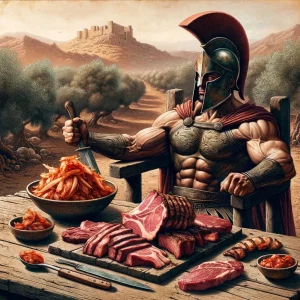

Contact Seiwa Kai Cape Town and train the correct way